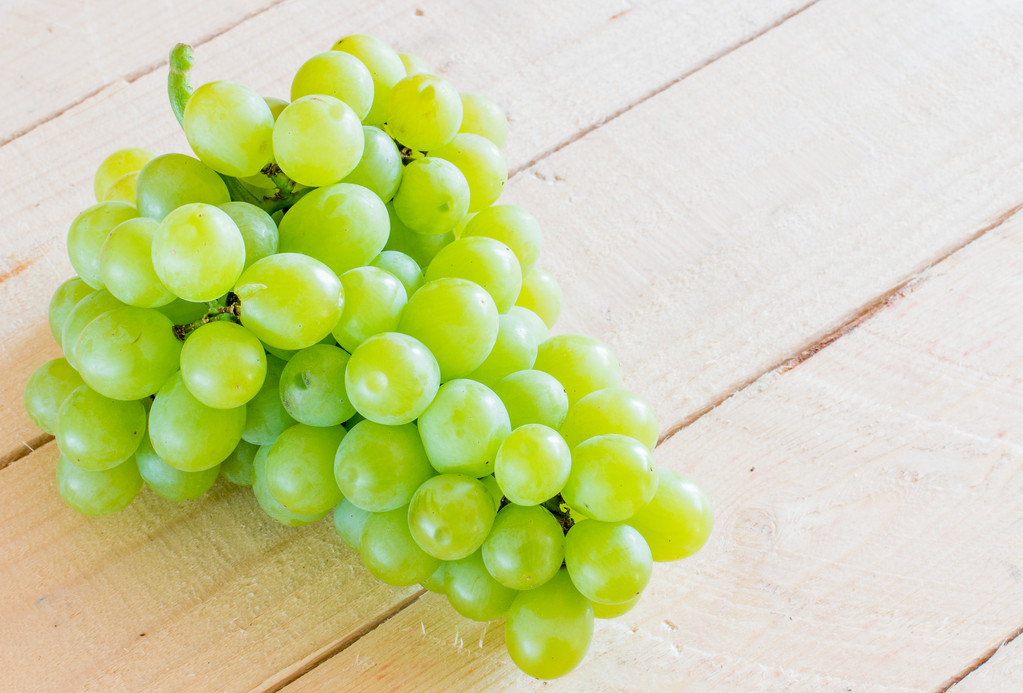Malic acid, also known as malate, is a food additive and also plays an important role in our cell metabolism. You can find out here whether it is poisonous, how it works and what it is used for.
Where is malic acid found?
Malic acid, also known as malate, is found naturally in many unripe fruits. This includes:
apples
quinces
grapes
gooseberries
But it is not only found in fruits, but also in our bodies. During digestion, our body gradually converts the sugar glucose into energy using chemical reactions. One of the intermediate products of this conversion is malate. Malic acid therefore plays an important role in our cell metabolism. Our body converts about one kilogram of it per day.
Malate in the food industry
You may also be familiar with malic acid as a food additive. It hides behind the number E 296. Similar to citric acid, malate is used as an acidifier to extend the shelf life of food. However, malic acid is rarely used in practice because it is significantly more expensive to produce than citric or phosphoric acid.
In addition to being used as an acidifier, malic acid can also be used as an antioxidant. For example, it prevents sliced apples from turning brown. In industry, malic acid is often added to the cooking water during blanching. This is how deep-frozen vegetables keep their bright colour.
Why Apple Cider Vinegar Doesn’t Contain Large Amounts of Malic Acid
Malic acid tastes more intense than citric or tartaric acid and therefore goes well with tart foods. Many websites on the internet incorrectly claim that malic acid is the main ingredient in apple cider vinegar. Even if this sounds plausible at first glance, it is a misconception.
To make apple cider vinegar, cider is mixed with acetic acid bacteria. The acetic acid bacteria convert the alcohol in the cider to acetic acid. As with most other vinegars, the acid in apple cider vinegar is acetic acid. The acetic acid and its bacteria are responsible for the positive health effects of apple cider vinegar.
Products containing malic acid are harmless to health. There is no legally stipulated maximum value, so you can access it in the supermarket without hesitation. If you often cook at home, you will probably only rarely come into contact with malate, as it is mainly found in finished products.

